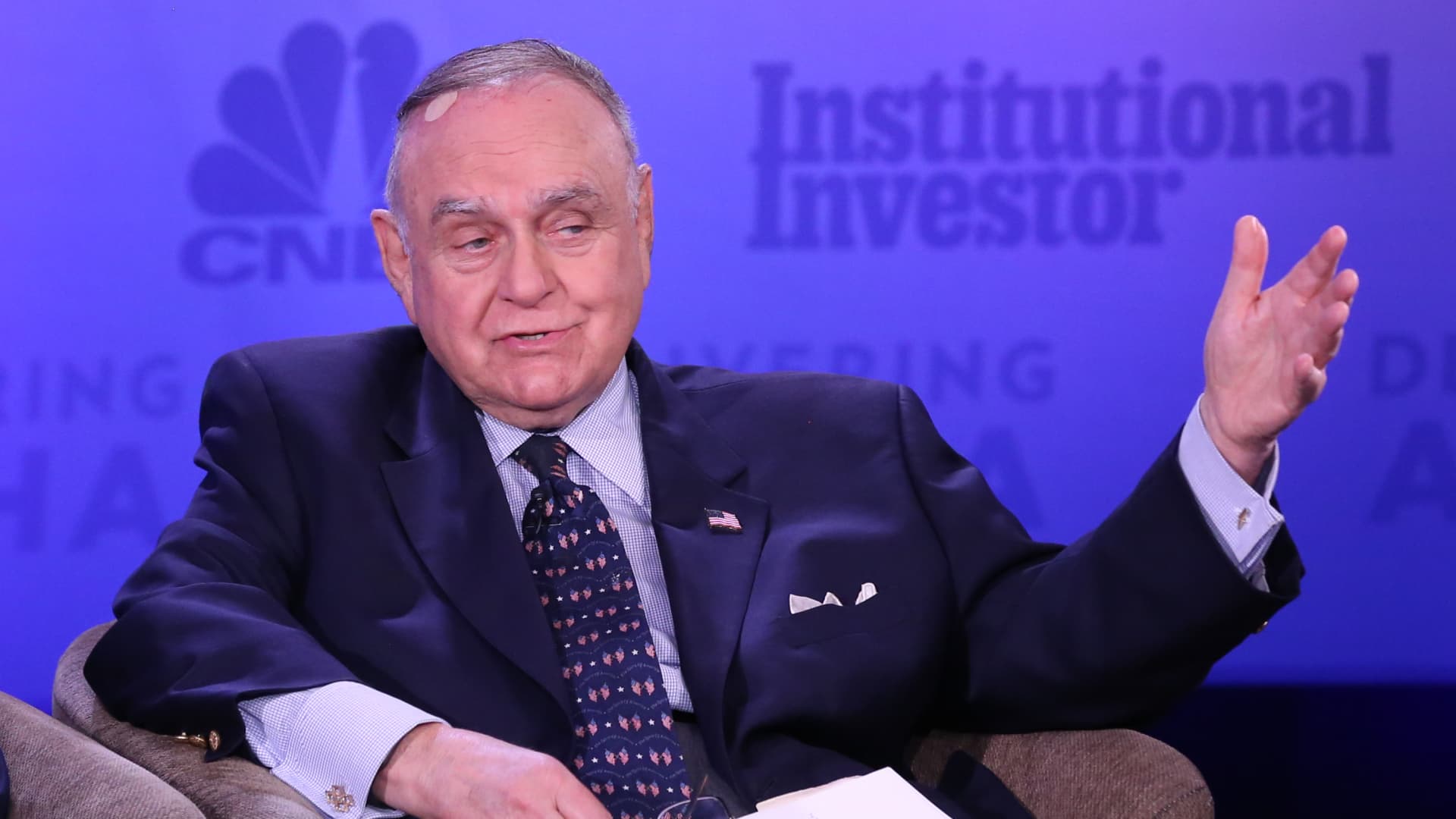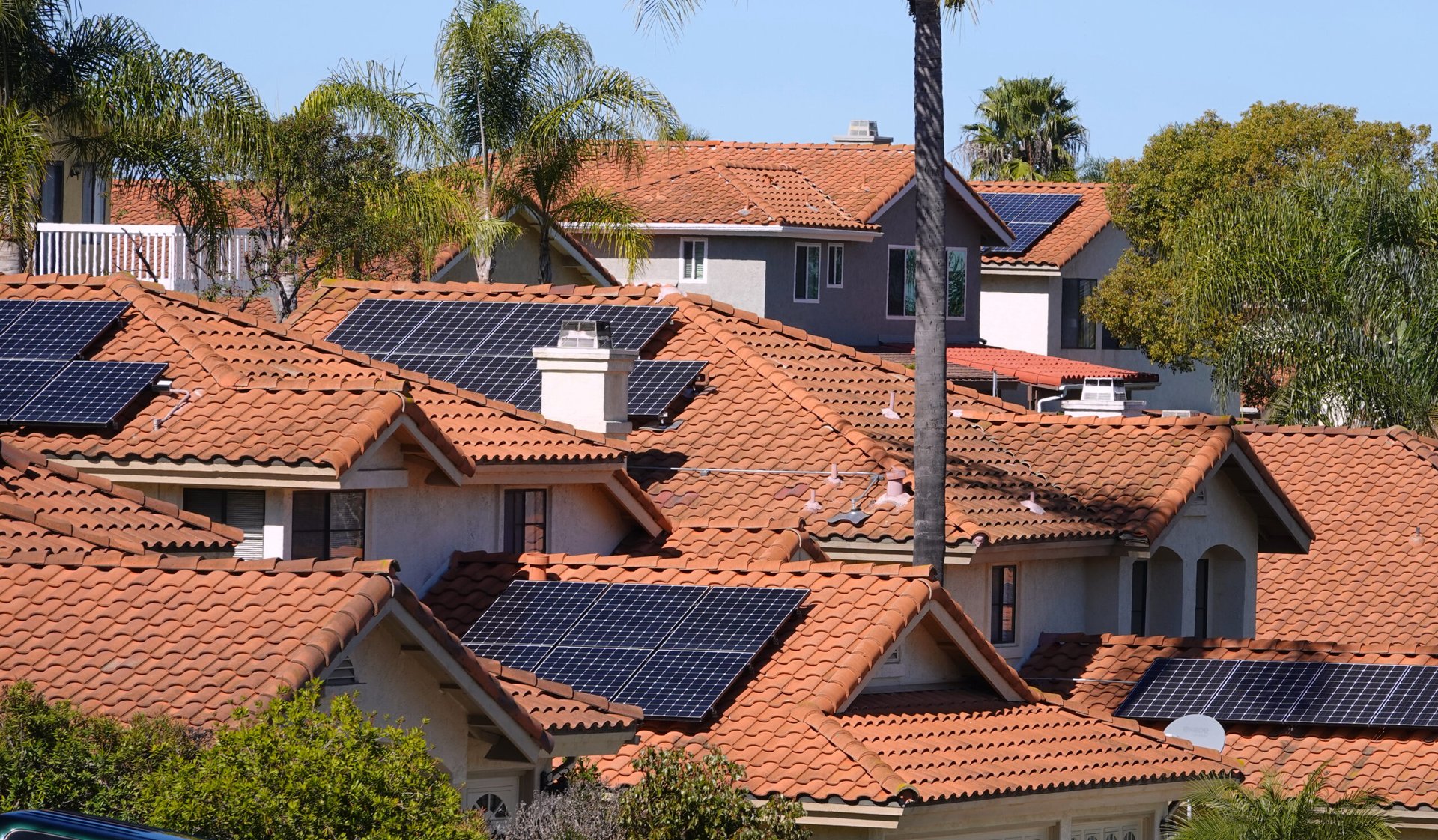The UN Sustainable Development Goals (SDGs) are a group of 17 global goals aimed at reducing poverty and protecting the planet for the future. The SDGs were born at the United Nations Conference on Sustainable Development in 2012 and are linked to the 2030 Agenda for Sustainable Development, adopted by 193 countries. While the SDGs describe some of the greatest challenges for governments across the world, achieving them will require collective action including governments, civil society, the private sector, and individuals and communities.
Insurers can tap into new opportunities as both risk underwriters and as investors to support the UN SDGs, a set of globally shared social and economic expectations, which are increasingly being used by both insurers and corporations across a wide range of sectors as a guiding compass for developing their Environmental, Social, and Governance (ESG) strategies. However, insurance’s potential role in achieving SDGs and advancing ESG more broadly has been underestimated, particularly for broader climate and sustainability initiatives.
The Insurance Information Institute recently collaborated with Non-Resident Scholar, Susan Holliday, and her partners at The World Bank Group on a report, Insurance’s Role in the Sustainable Development Goals, which discusses how the insurance industry can support governments and corporations achieving progress toward the SDGs.
Although the SDGs only mention insurance once, the sector has an important role to play, especially in the areas of climate, safe cities, health, and reducing inequality. However, to develop this fully the sector must be more involved in high level working groups on how to make progress towards the SDGs and collaborate to produce consistent global data to demonstrate the role insurance can play.
Click here for the Insurance’s Role in the Sustainable Development Goals report download.







































